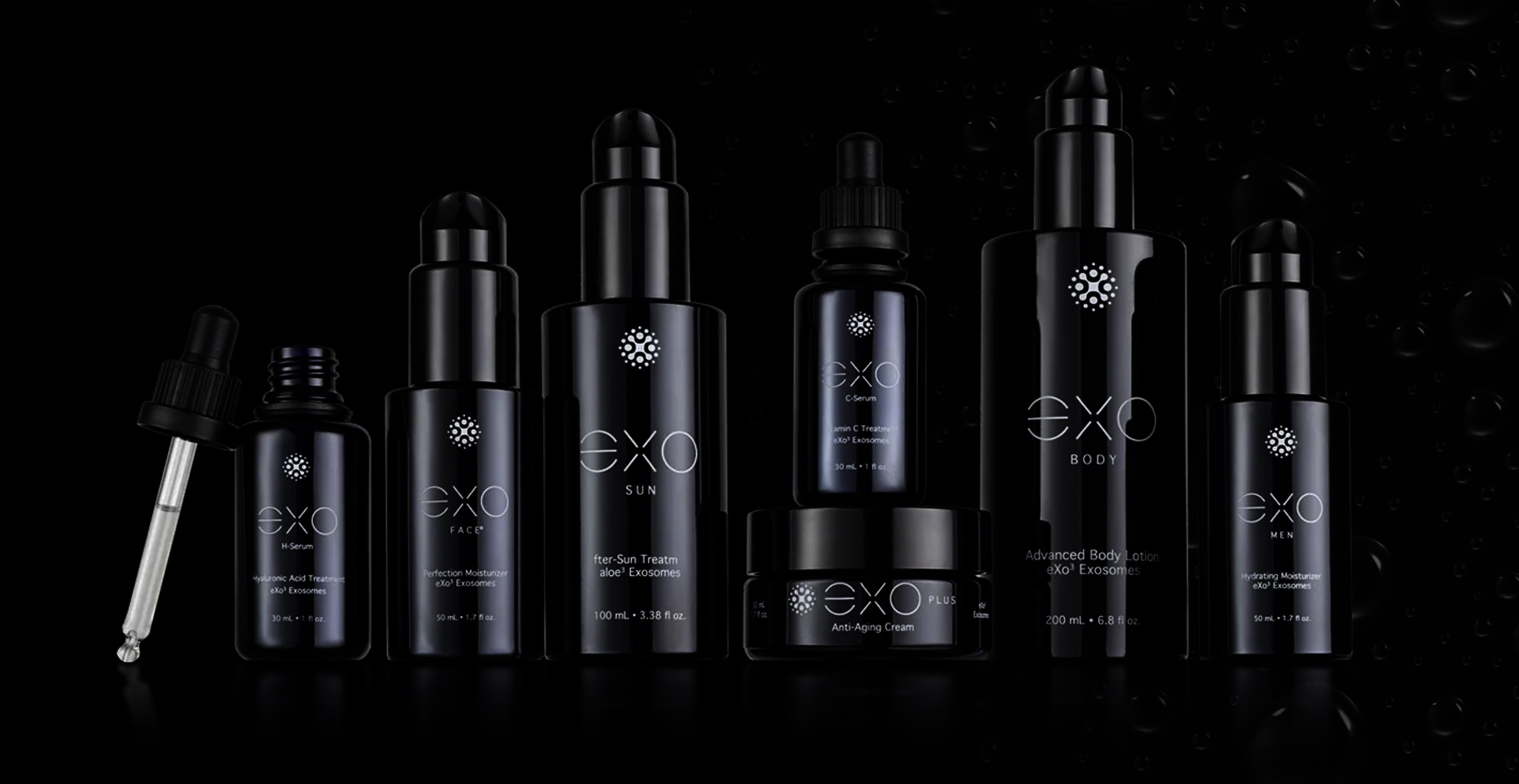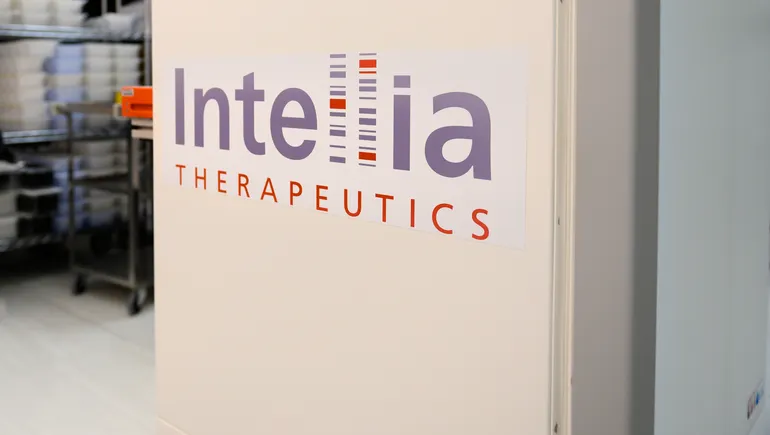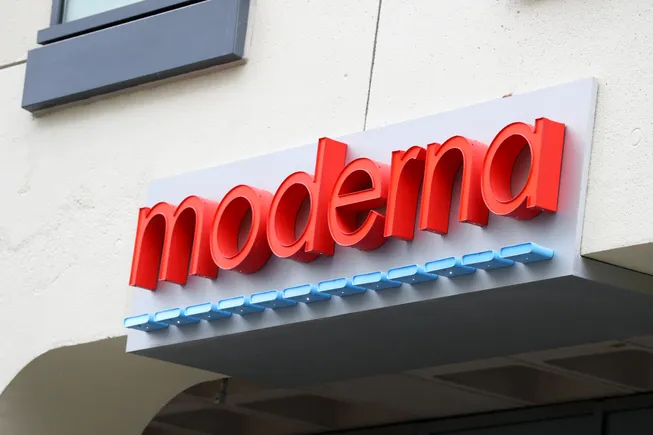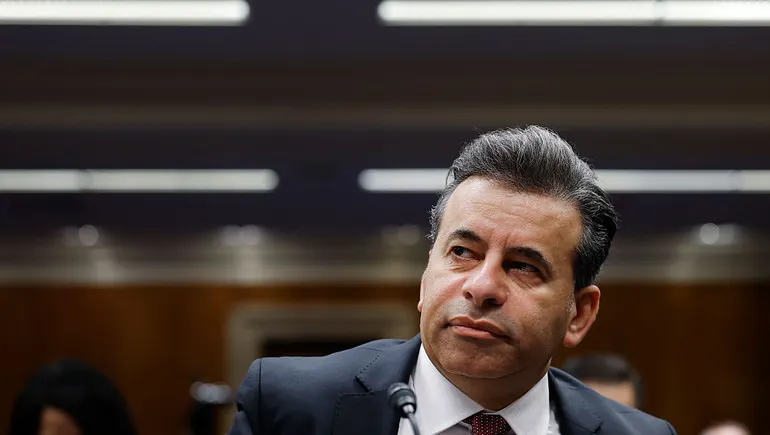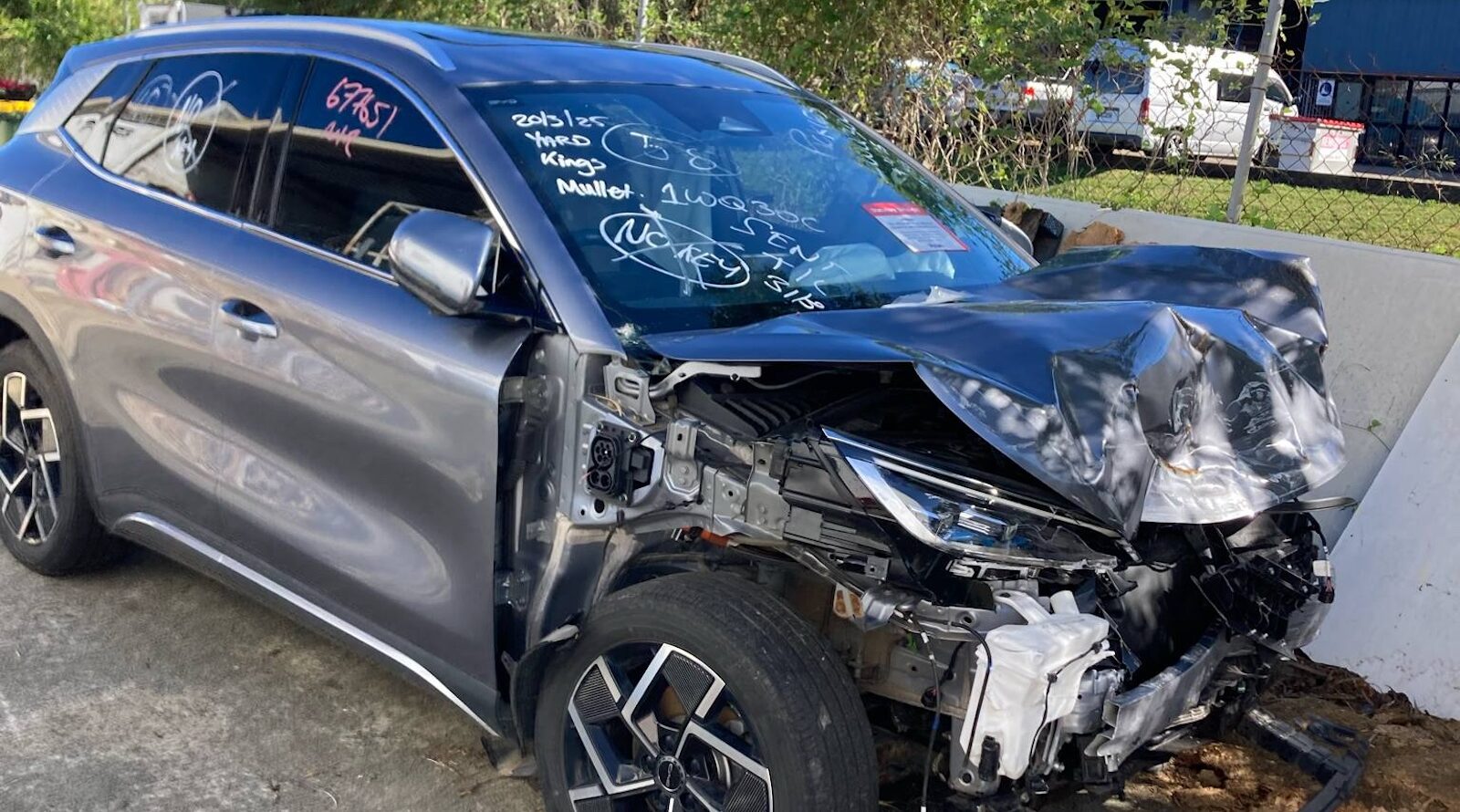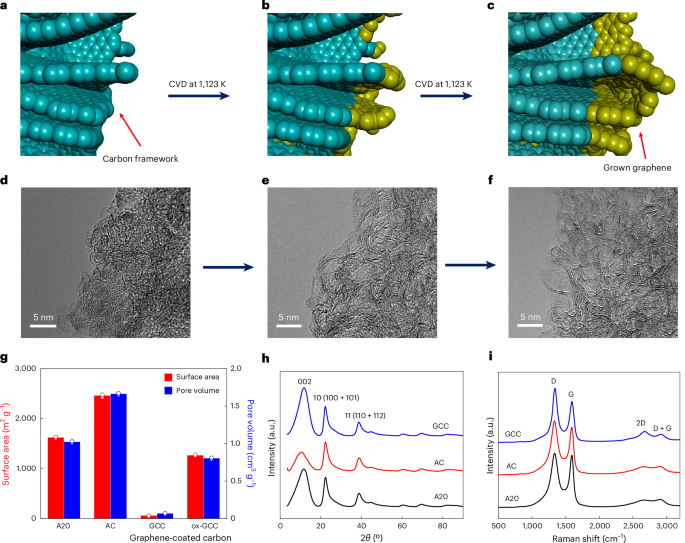Patenting Privation (Part III): Empowering Revenge
Much like America's waistline, a dispute between Eli Lilly and a large compounder called Empower Pharmacy is expanding. The post Patenting Privation (Part III): Empowering Revenge appeared first on Above the Law.
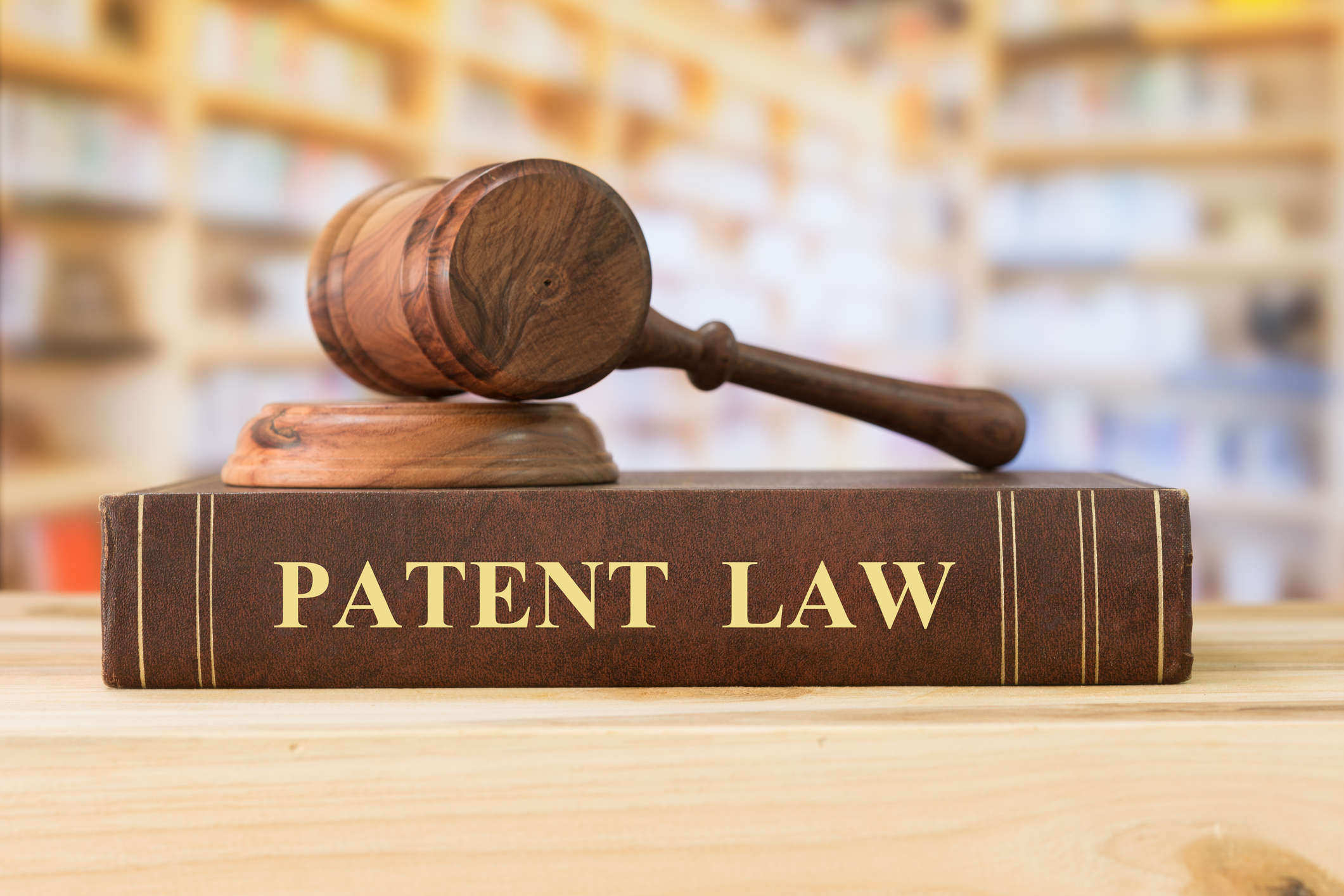

Just over a year ago on these pages, I continued our look at the patent franchises protecting the defining drugs of our time, Novo Nordisk and Eli Lilly’s diabetes/weight-loss blockbusters, Ozembic/Wegovy and Mounjaro/Zepbound. As you can imagine with drugs of such culture-defining magnitude, the year that has passed since that column has been full of news relating to their sale. On the legal front, the lifting of the FDA shortage declaration relating to the branded versions of the drugs ended the ability of compounders to sell their versions in bulk, shutting down the gravy train that propelled telehealth companies like Hims and Ro to revenues they could have only imagined sprouting up from their stable of erectile dysfunction and hair-loss offerings. Despite efforts from the compound pharmaceutical industry to have the FDA’s decision overturned, the ban on anything other than personalized versions of the drugs is in effect, with the specter of continued FDA enforcement looming large over compounders inclined to try to circumvent the ban in search of boffo revenues from an American public as keen on weight loss-aiding injections as Vegas visitors are for hangover-busting IV drips on a Sunday morning.
In my previous column, the focus was on the brewing battles between branded behemoth Novo Nordisk and a host of generics vying for the right to sell cheaper versions of Novo’s Ozembic and Wegovy. While those battles are worthy of their own status check in the coming month, for this week I’d like to focus on a rapidly expanding dispute between Eli Lilly, maker of Mounjaro and Zepbound, and a large compounder called Empower Pharmacy. For those unfamiliar with Empower’s oeuvre, the company offers a full menu of everything from hormones to vitamins to weight-loss injections. With respect to the latter, the current offerings include a version of Ozembic that combines the active ingredient, semaglutide, with vitamin B-12, as well as a version of Zepbound combining its active ingredient, tirzepatide, and niacinimide, or vitamin B-3. While most of us are familiar with these vitamins from the nutrition label on Frosted Flakes, the reason why they are combined with the weight-loss drugs represent a measure of Empower’s effort to get around the FDA ban in force.
Lilly, for one, is not amused with Empower’s tactics. In a 42-page complaint filed April 1, Lilly’s Kirkland-led trial team calls out Empower’s “history of dangerous practices” and record of “leaving serious safety risks in its wake.” Taking direct aim at Empower’s two tirzepatide-containing offerings — the aforementioned injectable combo with vitamin B-3 as well as a tablet version for the needle-phobics — Lilly accuses Empower of deceiving customers into thinking they are selling a safe alternative to the heavily-tested (37 clinical trials!) and FDA-approved Lilly products. First, Lilly points out that no oral version of tirzepatide has been proven effective. Second, that no evidence suggests that a tirzepatide/vitamin B-3 combination is safe or effective “for any indicated use in humans.” At the same time, Lilly’s complaint points out that Empower is no “mom and pop shop,” but rather a “large-scale manufacturing operation” engaged in “a nationwide scheme to sell its untested products by misleading consumers about their safety and efficacy.” In addition to its cause of action for false advertising under the Lanham Act, Lilly accuses Empower of deceptive trade practices under New Jersey law. While nothing of note has happened in the case to date, the sensational allegations have led to media interest, including a recent Houston Chronicle article detailing Empower’s checkered quality-control history.
For its part, Empower is not rolling over and begging Lilly for forgiveness. The accused tirzepatide products are still offered for sale on Empower’s website, with Empire’s CEO accusing Lilly of “bullying” and trying to perpetuate the “price hikes, drug discontinuations, and opaque supply chains” that characterize the actions of branded pharma companies seeking to limit customer choice and maintain monopolistic pricing. We don’t yet know how Empower will respond in court to Lilly’s claims — but we now know that Empower is not scared of legal escalation and is willing to force Lilly to defend its assets, just as Empower has been forced to defend its reputation and business practices. To that end, Empower filed an IPR against one of Lilly’s Orange Book-listed patents, a patent that is not set to expire until 2036.
In its IPR petition, Empower argues that Lilly’s ‘780 patent claims an “obvious variant of a prior art peptide sharing the same utility” and is a Lilly attempt to “extend its patent exclusivity years beyond the expiration date of its original patent, which covered a peptide sequence known to impart significant GIP/GLP-1 receptor dual agonism.” Pointing out that the patent issued with “minimal prosecution scrutiny,” Empower alleges that the ‘780 patent is obvious over a series of prior art publications teaching “GIP/GLP-1 receptor dual agonists exhibiting enhanced antihyperglycemic and insulinotropic efficacy as compared to GLP-1 monoagonists,” as well as techniques to optimize and produce similar dual agonists with a reasonable expectation of success. As we would expect with a newly filed IPR petition, it will take some time until Lilly is required to file its response.
Ultimately, while it is still early in the burgeoning battle between Lilly and Empower, there is no doubt that Empower’s targeting of an Orange Book-listed patent related to Lilly’s blockbuster drugs is a significant escalation. At a minimum, it signals a willingness by Empower to stay in the fight against Lilly, including by putting a highly valuable asset at risk of cancellation — albeit over 18 months away from now at the earliest. It will be interesting to see if Empower files additional IPR petitions targeting Lilly patents, or whether this initial indication of intent to engage across a wider battlefront represents Empower’s sole foray into the patent-challenging business. There is no doubt, however, that unless and until these parties find a way to resolve their differences, we will see both sides taking steps to empower their vengeful feelings against the other.
Please feel free to send comments or questions to me at gkroub@kskiplaw.com or via Twitter: @gkroub. Any topic suggestions or thoughts are most welcome.
Gaston Kroub lives in Brooklyn and is a founding partner of Kroub, Silbersher & Kolmykov PLLC, an intellectual property litigation boutique, and Markman Advisors LLC, a leading consultancy on patent issues for the investment community. Gaston’s practice focuses on intellectual property litigation and related counseling, with a strong focus on patent matters. You can reach him at gkroub@kskiplaw.com or follow him on Twitter: @gkroub.
The post Patenting Privation (Part III): Empowering Revenge appeared first on Above the Law.

















































